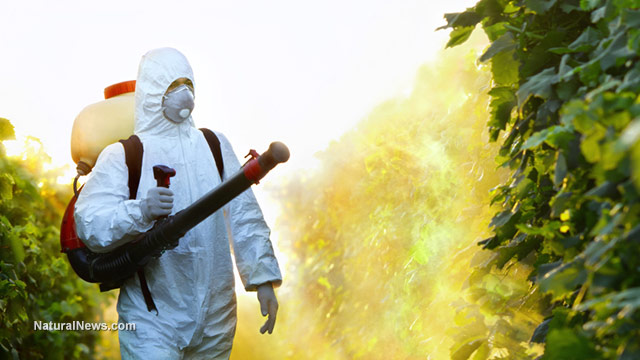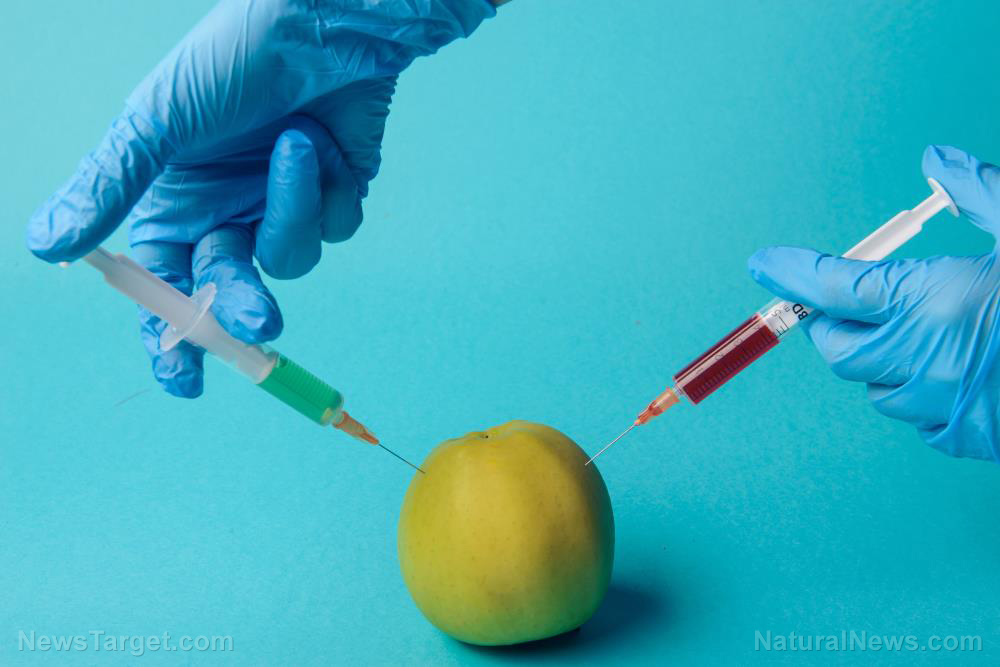
However, with the strides that Brazil has made to expand its already competitive agribusiness, it has unfortunately turned to making and using pesticides to get a foothold. This has led to the indiscriminate and excessive use of agrochemicals, the effects of which compromise the security of food and the health of the nation's people, according to a study. A team of researchers from the University of São Paulo has examined these effects and put together a grim picture of what's to come ahead.
The concept of food and nutrition security, defined as the capacity of a person to "have regular, permanent, and unrestricted access to nutritionally adequate and safe food, respecting the cultural characteristics of each population," is a relatively new concept, having only been finalized in the late '90s.
In Brazil, access to food is a constitutional right, and national measures have been adopted to guarantee it. However, in order to address this need, the country has turned to using pesticides in hopes of increasing productivity and profitability. The authors of the study noted that "the massive use of pesticides contradicts with the concept of food safety due to the potential risks to health and the environment."
The amount of pesticides used is nothing short of staggering. Collected data on the sales and marketing revealed that pesticide sales increased by 205.1 percent between 2000 and 2013, with the most sold pesticide being the herbicide glyphosate. Furthermore, nearly 500,000 tons of pesticides were sold from 2009 to 2012; and in 2012, Brazil surpassed the United States as the world's largest buyer of pesticides – just as many pesticides have been used.
In fact, the researchers cited a 2010 study that stated Brazilian children between the ages of three and 12 had consumed more pesticide residue than what is allowed by the Pesticide Data Program, a national pesticide residue program. A 2016 survey revealed that schoolchildren in São Paulo, Brazil's most populated city, were being exposed to varying levels of roughly nine pesticides.
In addition to the actual application of pesticides, the researchers wrote that exposure to these agrochemicals could also occur via the consumption of food that hadn't been entirely rid of pesticide residue. The probable causes behind this include insufficient food cleansing, poor implementation of occupational and safety standards and practices, lack of supervision, and disproportionate usage of pesticides. (Related: Brazilians poisoned to death as 70 percent of crops are treated with pesticides banned in other nations)
And what of the health effects brought about by pesticides? Poisoning by pesticide is very frequent, with there being a combined total of 22,308 reported cases from 2010 to 2012. At the same time, there were more than 450 reported deaths linked to pesticide poisoning. Those who were unfortunate enough to have pesticide poisoning experienced a wide array of health symptoms, depending on whether it was acute or chronic. Acute pesticide poisoning can lead to abdominal cramps, conjunctivitis, headaches, and nosebleeds; chronic pesticide poisoning can cause liver damage, chromosomal changes, hearing loss, and cancer.
"Although alarming, these figures do not reflect reality due to the bias of underreporting," wrote the researchers, explaining that these reported incidents composed only 20 percent of pesticide poisoning occurrences in the country.
They also mentioned several other studies that demonstrated the impact of pesticides on human health. For example, a 2010 case-control study concluded that pesticide exposure during pregnancy significantly raised the risk of children being born with congenital malformations. A 2012 cross-sectional study found that mothers and parents who came into contact with pesticides had a higher chance of conceiving male babies with genital defects.
Based on their review, the researchers concluded that Brazil should take steps towards minimizing the use of pesticides and improve the existing monitoring and supervisory programs. Moreover, health professionals should be given adequate and constant training to become adept at identifying and reporting any future cases of pesticide poisoning.
Visit Pesticides.news for more studies on the health effects and problems linked to pesticides.
Sources include:
Please contact us for more information.























